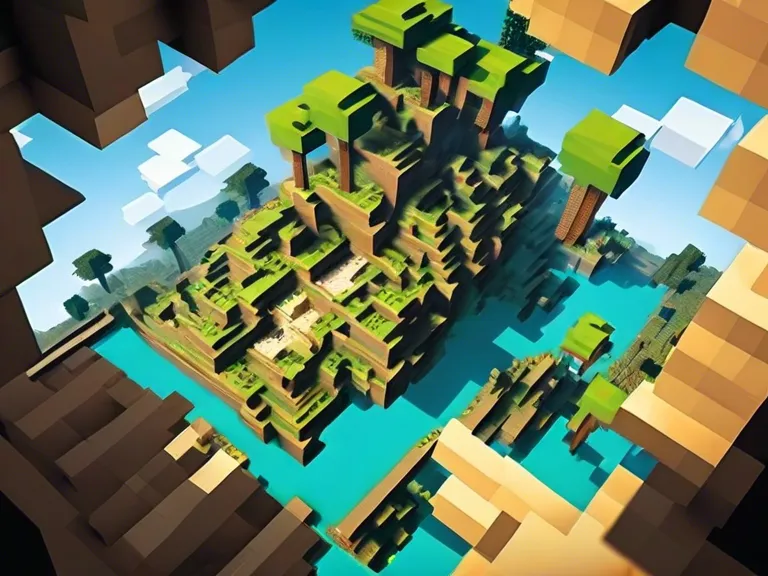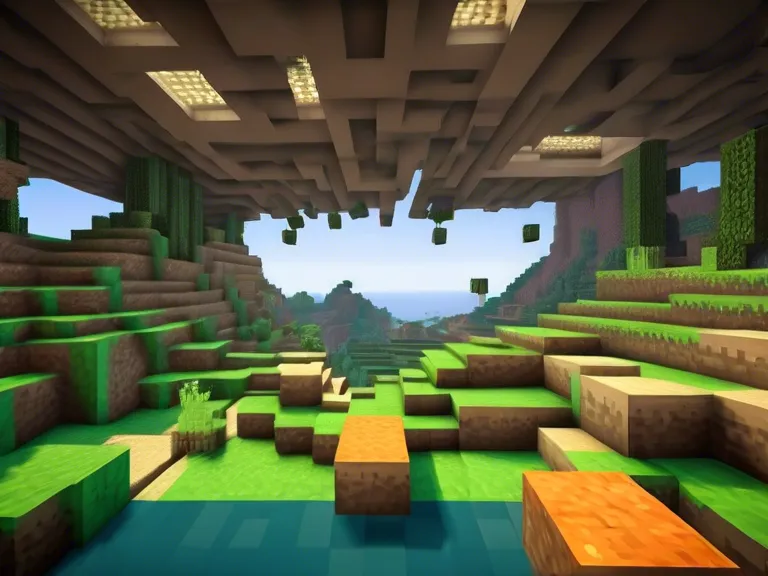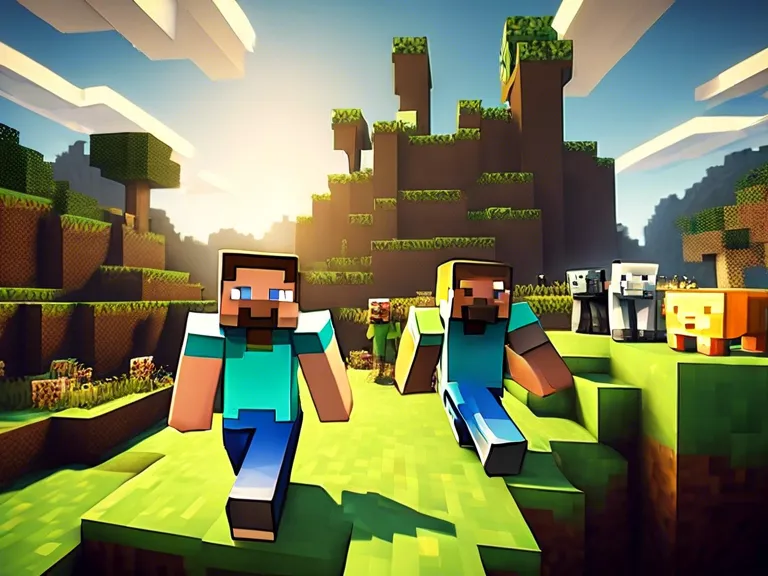
In recent years, the video game Minecraft has garnered a massive following due to its engaging gameplay and open-world sandbox environment. However, what makes Minecraft truly unique is its potential to transcend mere entertainment and have a meaningful impact on the real world. By examining the game mechanics and philosophical implications of Minecraft, we can gain insights into how this virtual world can shape our future.
One of the key aspects of Minecraft is its emphasis on creativity and problem-solving. Players are encouraged to build, explore, and survive in a vast virtual world using only the resources available to them. This fosters a sense of resourcefulness and ingenuity that can translate into real-world skills. From designing elaborate structures to crafting complex redstone contraptions, players are constantly challenged to think outside the box and come up with innovative solutions to problems.
Moreover, Minecraft promotes collaboration and teamwork, as players can join forces to build massive structures or embark on epic quests together. This sense of camaraderie and shared purpose can have a profound impact on how we interact with others in the real world. By fostering a spirit of cooperation and mutual support, Minecraft can help cultivate a sense of community and belonging that transcends virtual boundaries.
From a philosophical perspective, Minecraft raises important questions about the nature of reality and creativity. The ability to create and manipulate entire worlds within the game blurs the line between the virtual and the real, challenging traditional notions of what is possible. By exploring the limits of our imagination and pushing the boundaries of what we can achieve, Minecraft encourages us to rethink our assumptions about the nature of reality and the power of human creativity.
As Minecraft continues to evolve and grow, it will be fascinating to see how its impact on the real world...



